Forward Momentum: SJFS Team Perspective from Client Advisor Mary Stange
I remember when our leadership team got back from their onsite in May, they had the glow of men who had connected on a unified vision. Even our fearless leader, Jonathan Boulos, couldn’t keep the excitement from his voice in the company-wide update following the on-site. Our curiosity was certainly piqued.
I wondered, then, why the meat of their conference hadn’t been disclosed right away at that very meeting, something that later became apparent. What was divulged was that our leadership team had engaged in company formation inspired by the work of Patrick Lencioni and the Table Group. That was enough for me, like a starting pistol had gone off, I raced to Hoopla, through my public library and got my hands on an audiobook of “Overcoming the Five Dysfunctions of a Team,” by Patrick Lencioni. I listened to two more audiobooks of his in succession. Prior to the Client Advisor on-site training, I knew I wanted to listen to “Advantage” by Patrick Lencioni, as it stitches together the major themes of his work. It was an engaging five hours in the car for me, start to finish.
The first day of Client Advisor training, I was giddy with anticipation, I couldn’t wait for my coworkers to experience these powerful messages. From my first days working at St. Joseph Financial Services, I could tell that this company was something different, unique, and honorable. The content of our on-site training affirmed those insights for me in a big way.
Working Genius
It is a powerful message, to celebrate the strengths of others. Not only was the goal to further our own knowledge of self, but to provide insight into those we collaborate with on a daily basis. Company-wide clarity is the tool that allows employees the space to thrive in a healthy environment. The first people to share their Working Genius scores were our leadership. That humble example of the power of vulnerability based trust, where we could learn from their own experiences was incredibly powerful.
Working Genius is a strengths assessment, developed by Patrick Lencioni and the Table Group. We had all taken the assessment prior to our on-site. The instructions given are to answer the questions based on what work energizes you, engages you, and is enjoyable to you. The truth is, there are no bad strengths, and we need each and every one of them to be the most successful company we can be.
- Wonder: Identifies the need for improvement or change.
- Invention: Confirms the importance of that need and generates an idea or a solution.
- Discernment: Assesses the merit and workability of the idea or solution.
- Galvanizing: Generates enthusiasm and action around the idea or solution.
- Enablement: Initiates support and assists in the implementation of the idea or solution.
- Tenacity: Commits to ensuring that the idea or solution is completed and that the desired results are achieved.
Even with this brief explanation, I’m sure you’ve got an idea of where you would land in the working genius. For myself, my working geniuses are Discernment and Tenacity, my working competencies are Enablement and Invention, and my working frustrations are Galvanizing and Wonder. We were given our own scores as well as the scores of the team we function with and it was very interesting to see where the strengths of others lie.
It was also interesting to see that I have a genius that is disruptive and one that is responsive, ringing true with my desire to help people fulfill their potential through encouraging sustainable changes in their perspective.
Effective Teams
By setting the stage with a celebration of strengths, it opened the Client Advisors to begin the discussion revolving around “Overcoming the Five Dysfunctions of a Team.” Another Patrick Lencioni gem! For myself, I have worked in toxic environments, and I have worked in healthy environments. I was blown away by the personal progress I was able to make in a healthy workspace.
The first and foremost building block of an effective team is vulnerability based trust. The tricky part is discerning how to know who to trust with your authentic gift of self. Until we know for certain, it is normal to employ shields against vulnerability.
In her book, “Daring Greatly,” Brene Brown outlines six shields against vulnerability as well as how to combat these shields. Foreboding joy is that feeling that nothing good will last, and we combat it with gratitude. Celebrating everyday moments can remind us what a gift each moment truly is. As someone who works in numbers, I fall prey to perfectionism as a shield against vulnerability. The defense against perfectionism is to find dignity in the work. We are each unique and unrepeatable, and so the way we do our work is also unique and unrepeatable and that automatically elevates our work. In this social media driven culture, it is not a surprise to hear that numbing is a tool against vulnerability and its counterpart is allowing yourself to sit in discomfort. So many opportunities for growth are lost because we choose distraction over discomfort. Another shield I am familiar with is the idea of viking or victim. This is the concept that we will either be a victim or a conqueror, so if those are our two choices a lot of people choose to be a viking. The tool in combating this shield is redefining success. Realizing that we have the ability to set the standard for what is normal and reasonable in our own lives can help redefine success. Over sharing, is perhaps one of the shields that needs a bit more explanation. It is those who share without a filter, who share everything and often fall into that too much information category. It is actually a shield against vulnerability as it precludes the natural development and progression of a real relationship. The way to combat over sharing is with reasonable boundaries that enable us to cultivate true connection. The last shield mentioned is cynicism and criticism. Sarcasm falls heavily into this category and it calls us to speak with integrity, to say what we mean and mean what we say.
Once there is vulnerability based trust, teams can cultivate healthy conflict. This entails fleshing out a conflict style. Each member of the team is going to have different conflict experiences, preferences and wounds. It is important to be aware of and sensitive to comfort with conflict, but conflict itself is invaluable in arriving at the best product or service for a company.
This healthy conflict allows employees to be committed to its decisions. When everyone has a voice, and conflicts are healthy, it ensures that each member is going to back that decision. This is incredibly important for our Galvanizers, as once they buy into an idea they will support and encourage everyone else on the team.
Another incredibly important component is peer accountability. When a company’s core purpose and core values are clearly communicated and defined, it allows employees to keep each other accountable to those standards. This concept is incredibly important to implement from the top down, to where employees are confident that the leadership team is holding each other accountable, which enables us to act with confidence in peer accountability. It is also more productive for accountability to come from a peer than a lead.
When all of these pieces are in place, companies can really begin to see results. These will be results that are a product of the entire company’s efforts. The true product of each of these steps is that employees operate at their fullest potential and are giving their very best. For myself, these are results I can stand behind.

